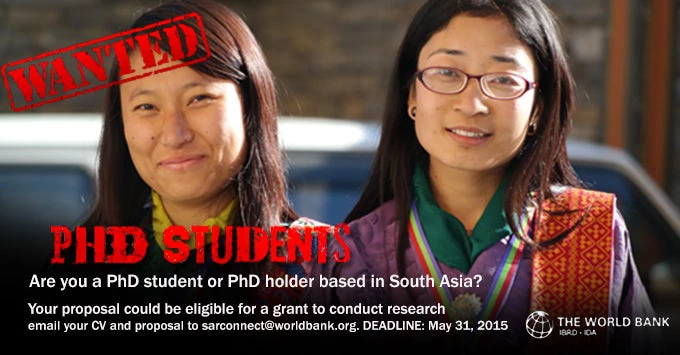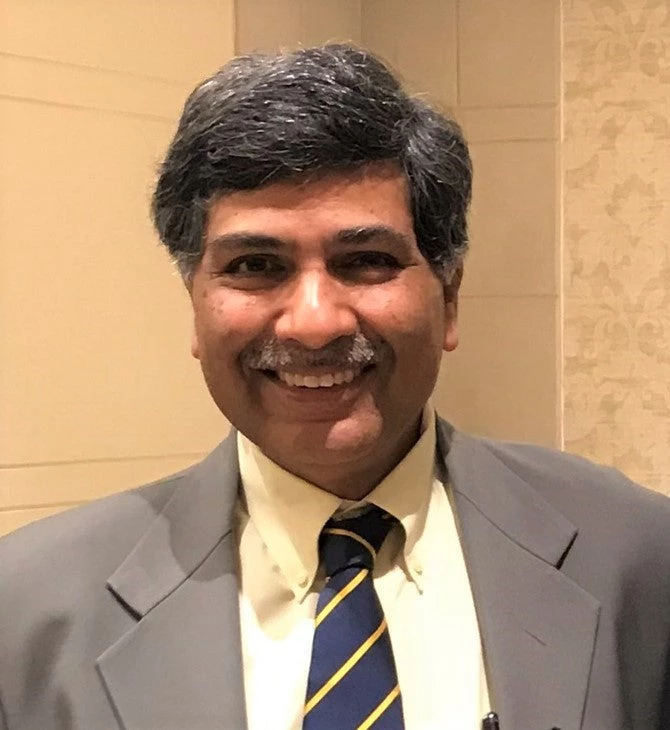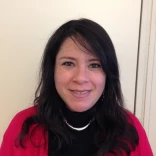
Home to Afghanistan, Bangladesh, Bhutan, India, Maldives, Nepal, Pakistan, and Sri Lanka, South Asia is one of the fastest growing regions in the world and yet one of the least integrated. Intra-regional trade accounts for only 5% of South Asia’s GDP, compared to 25% of East Asia’s. Meanwhile, with a population of 1.6 billion, South Asia hosts one of the largest untapped talent pools.
To encourage young researchers in the region who aspire to use their research to inform policy making, the World Bank Group calls for research proposals on South Asia regional integration. Proposals will be carefully reviewed and the most suitable proposals (no more than five overall) will be awarded with a grant based on criteria listed below. An experienced researcher from the World Bank’s research department or an external academic will mentor and guide the young researcher in the implementation of the research.[1]
At the end of this process, the expected output is a paper meeting rigorous academic standards and at a stage suitable for presentation and debate in academic seminar/workshops/conferences. In particular, the insights from the research are expected to be presented and discussed during World Bank sponsored events.
This call is open to PhD students who have already completed their Ph. D. coursework and young economists who have recently completed their PhD (by 2010 or after).[2]
The criteria for the grant are as follows:
- The research should pertain to regional economic cooperation in South Asia, including trade in goods and services, investment and FDI, value chains, energy sharing, etc.
- The geographic coverage could be at the SAARC or sub-regional level (covering one or more of the following countries: Afghanistan, Bangladesh, Bhutan, India, Maldives, Nepal, Pakistan and Sri Lanka), or involve cooperation between two or more countries in South Asia and other regions such as East Asia or Central Asia.
- The research proposal should highlight its innovative aspect, whether it is a new question, new data, new methodology, or a new way of looking at an old problem.
- The research proposal should include i) well-defined question/hypothesis and why it is important for the region’s development ii) data description and sources to be used iii) proposed methodology iv) references
‐ Only one proposal per researcher will be accepted. A joint proposal with a researcher from another institution or country within the region will be accepted.
‐ The maximum number of pages for the proposal is 4, including references. Font size 12, 1.5 spacing, 1-inch left and right margin.
‐ All of those who submit a proposal should submit proof through a signed letter from an appropriate official at an academic/private institution that he or she is currently registered as a full-time student/employee.
‐ Please note that proposals submitted should be original (i.e. involving work that has not been completed before the submission of the proposal or published elsewhere)
The deadline for submitting proposals May 15 th 2015. The selection committee will be contacting the winning proposals by June 30 th. The young researchers and the corresponding mentor will be virtually introduced and the implementation of the proposal is expected to be started immediately. The deadline for the completion of the work is March 1 st 2016. All nationalities are encouraged to apply as long as the applicant currently resides in the South Asia region.
Please send your submission (joint with the researcher’s CV) to SAR Connect at sarconnect@worldbankgroup.org.
Learn more about Regional Integration in South Asia.
Connect with us on Facebook and Twitter




Join the Conversation